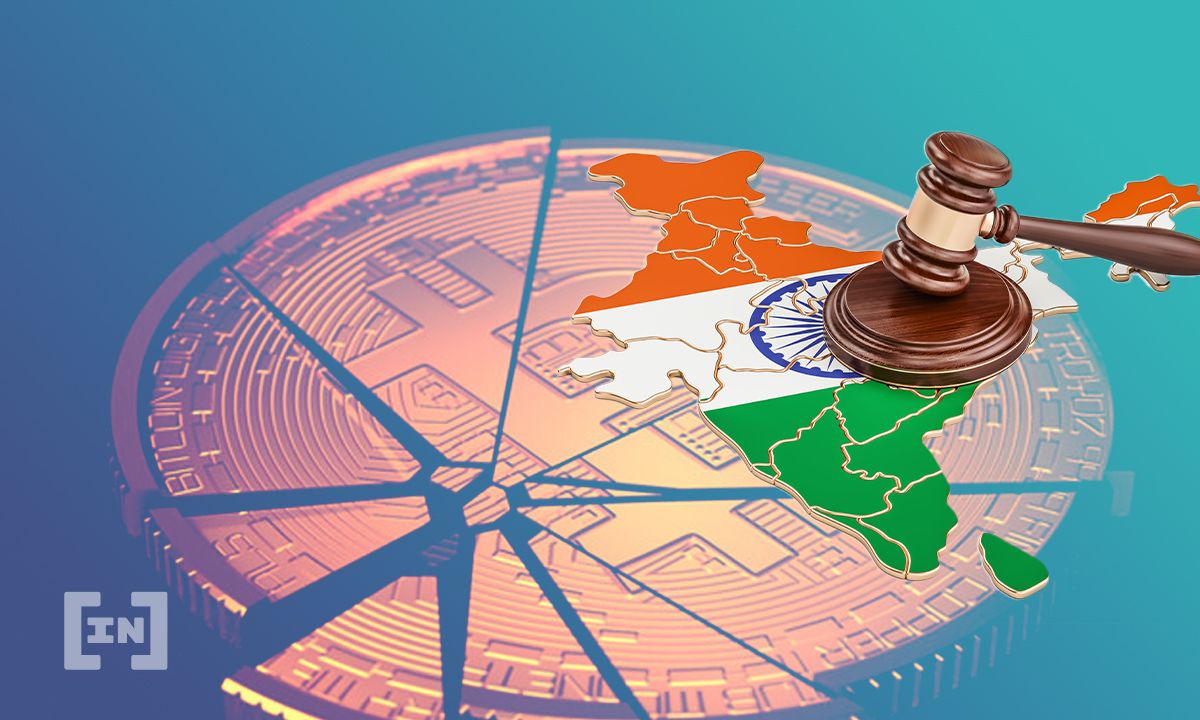
The Cyber Crime Cell of Pune Police in India has nabbed two crypto experts who allegedly drained wallets that were reportedly under probe by the authorities.
As per local media reports, the accused cyber-crime experts, Pankaj Ghode and Ravindranath Patil could have siphoned off large sums of crypto from a Bitcoin Ponzi scheme that was carried out in 2018.
Investigators accused of crypto theft
The two experts, one of whom was a former Indian Police Service officer, were reportedly assisting the Special Investigation Team (SIT) of the Pune police in the investigation since last year. The team had seized 241.46 bitcoins, 452 bitcoin cash, and 94 Ethereum, as per the report.
However, now they are accused of diverting millions in crypto funds to personal accounts from the wallets of the cases’ accused. So far, 237 bitcoins from the funds have been traced, the report remarked.
Cumulatively, the police have reportedly seized over $770,000 in 34 different cryptocurrencies as they investigate an alleged discrepancy of 900 bitcoins.
That said, the former officials will be tried for various offenses and are currently under judicial custody. And, a 4,400-page charge sheet has been filed against the accused crypto experts.
Securities regulator raises fresh concerns
The Securities and Exchange Board of India (SEBI) recently responded to the Parliamentary Standing Committee on Finance on the state of crypto regulation in India. The agency stated, “As crypto assets are maintained in decentralized distributed ledgers, which are nested in computer nodes spread all across the globe, there is a great likelihood of execution of unauthorized trades not in consonance with any regulatory framework,”
The regulator also pushed for an investigating authority, noting that the “spread of the opportunity to deal with crypto assets, crypto assets related unregulated activities may be entrusted to an investigating authority appointed by the government and take further legal action.”
In the past, SEBI had recommended that celebrities refrain from endorsing crypto assets to safeguard investors.
This time around, the watchdog stressed on more regulations, adding, “A digital currency acts as a bridge between the fiat currency of the foreign jurisdiction and the Indian rupee. One objective of bringing crypto trading platforms under regulatory purview could be to provide AML /CFT / KYC reporting; the same can be ensured by registration of the entities as money changers, authorized dealers, or forex dealers,”
Meanwhile, the central bank, which has maintained a negative view of crypto since the beginning, is waiting for the government to release its crypto consultation paper.
RBI awaits crypto paper
Reserve Bank of India (RBI) Governor Shaktikanta Das on Wednesday said, “There is constant engagement between RBI and the Government on cryptocurrencies. We have given our views to the Government. Let us wait for the consultation paper to come out.”
Last month, the economic affairs secretary Ajay Seth revealed that the Indian government has concluded its consultation paper on cryptocurrency. But before the government could even unveil the paper, the country’s central bank hinted that it is unlikely to change its negative stance on virtual digital assets (VDA). Not so long back, RBI had also gone ahead to warn the parliamentary panel that crypto, in particular stablecoins, could lead to a “dollarization” of the economy.
At the same time, RBI Deputy Governor T Rabi Shankar once again confirmed that a centrally-backed digital currency will be launched in 2022 in a ‘gradual and phased manner.’
Earlier, the central bank had stated in its plan that the Indian CBDC will undergo proof of concept and pilot stages before fully launching within the country.
Disclaimer
All the information contained on our website is published in good faith and for general information purposes only. Any action the reader takes upon the information found on our website is strictly at their own risk.
This news is republished from another source. You can check the original article here

Be the first to comment